The WebAIM Million: The 2025 Report on the Accessibility of the Top 1,000,000 Home Pages, by @webaim:
Frühere Suchanfragen
Suchoptionen
#metrics
Discover Diff Authoring Time (DAT), developed by Meta!
DAT measures the time developers need to submit changes ("diffs") to the codebase. It offers insights into the efficiency of the development process and helps identify areas for improvement.
Dive deeper into this new metric on #InfoQ: https://bit.ly/42vNpdi
Landscape Metrics - “R As GIS” Course
--
https://jakubnowosad.com/rgis2025/output/landscape_metrics.html#/title-slide <-- shared presentation
--
#GIS #spatial #mapping #R #tutorial #onlinelearning #presentation #rasters #remotesensing #earthobservation #landscape #metrics #spatialanalysis #spatiotemporal #natural #social #cultural #ecosystems #biodiversity #water #waterquality #usecase #geomorphology #geomorphometry #patterns
How WebAssembly Crushes Technical Debt, by (unattributable):
Web Accessibility Requirements in the EU, by @marcusfleckner (@uxdesigncc):
River Water Quality Shaped By Land–River Connectivity In A Changing Climate
--
https://doi.org/10.1038/s41558-023-01923-x <-- shared paper
--
#GIS #spatial #mapping #waterquality #river #spatialanalysis #model #modeling #climatechange #climaterisk #spatiotemporal #waterresources #watersecurity #ecosystems #watersupply #extremeweather #biogeochemical #connectedsystems #landforms #runoff #infiltration #surfacewater #groundwater #recharge #metrics #wildfire #fire #drought #management #planning #storms #flood #flooding
#Design #Cheatsheets
A visual overview of 70+ UX metrics · The many ways to measure user experience https://ilo.im/162znj
_____
#InfoGraphic #Taxonomy #UX #Metrics #ProductDesign #UxDesign #UiDesign #WebDesign #Collection
Software design with resilience embraces the reality that failure is inevitable. We implement metrics to detect and resolve these issues.
#FlowMetrics (crucial for software delivery) can be used to measure & improve system resilience.
Dive into the #InfoQ article by Mourjo Sen, Senior Software Engineer at Booking.com, for deeper insights!
#Bibliométrie prête à l'emploi avec @OpenAlex : retour d'expérience - @cnrs
- Centre national de la recherche scientifique
Le CNRS se désabonne de Scopus tout en maintenant l’abonnement au WoS et développe un partenariat pluriannuel avec OpenAlex #metrics
https://cnrs.hal.science/hal-05003502v1
#Kubernetes #monitoring Made Easy with VictoriaMetrics Cluster
Our technical #guide walks you through setting up a VictoriaMetrics cluster using Helm charts, collecting k8s metrics via service discovery, and visualizing your data effortlessly.
What you'll learn:
Deploying #VictoriaMetrics in Kubernetes with #Helm
Scraping #metrics from #k8s components
Storing & visualizing data in VictoriaMetrics #tsdb
https://docs.victoriametrics.com/guides/k8s-monitoring-via-vm-cluster/
And with that, Prometheus #metrics are now merged in NSD, our authoritative #DNS server. Next up, Unbound… https://github.com/NLnetLabs/nsd/pull/429
The Worst Programmer I Know (2023)
https://dannorth.net/the-worst-programmer/
#ycombinator #productivity #metrics
The Worst Programmer I Know
https://dannorth.net/the-worst-programmer/
#ycombinator #productivity #metrics
Design Systems Report 2025, by @zeroheight:
https://zeroheight.com/how-we-document/design-system-report-2025-brought-to-you-by-zeroheight/
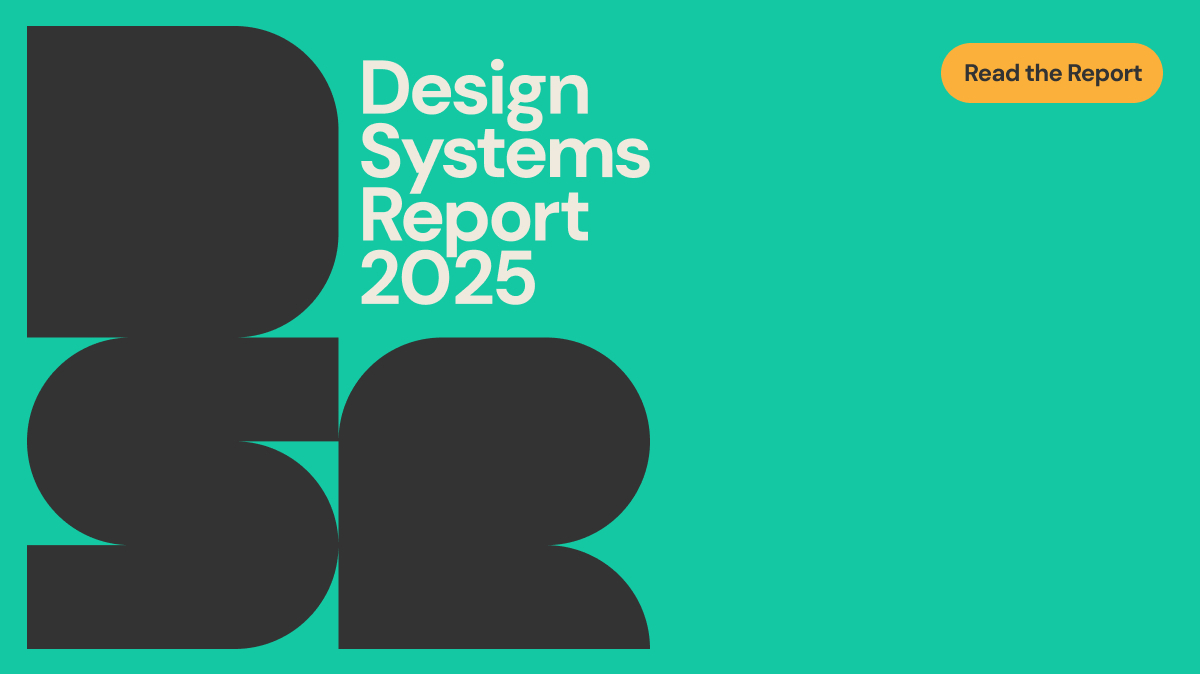
How to Fix Largest Contentful Paint Issues With Subpart Analysis, by @mattzeunert@x.com (@smashingmag):
https://www.smashingmagazine.com/2025/03/how-to-fix-largest-contentful-issues-with-subpart-analysis/
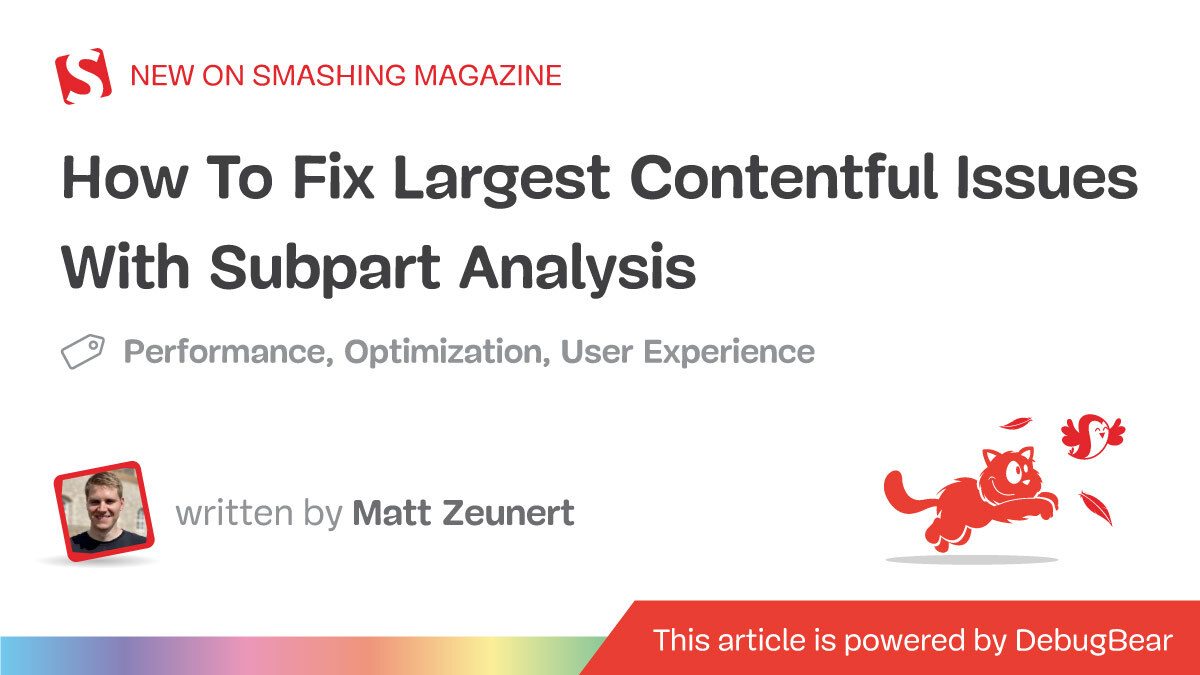
Glacial Lake Mapping Using Remote Sensing Geo-Foundation Model
--
https://doi.org/10.1016/j.jag.2025.104371 <-- shared paper
--
HIGHLIGHTS:
• Proposed U-ViT model based on Prithvi GFM for multi-sensor glacial lake mapping.
• Achieved an F1 score of 0.894 on Sentinel-1&2, surpassing CNNs scoring below 0.8.
• Maintains strong performance with 50% less training data, proving efficiency.
• Excels in detecting small lakes (<0.01km²) and handling clouds and complex terrains..."
#GIS #spatial #mapping #glaciallake #GeospatialFoundationModel #satellite #Sentinel #GaoFen #remotesensing #earthobservation #model #modeling #climatechange #glacial #glacier #melt #melting #UViT #deepleanring #AI #framework #performance #metrics #opensource
An article collecting my experience with and thoughts around #AWS #Logging and #CloudWatch #Metrics, #Alarms and #Dashboards. Also links to a #Python package to facilitate collecting latency metrics.
Logging Strategies for Observability and Troubleshooting
https://www.linkedin.com/pulse/logging-strategies-observability-troubleshooting-brian-allbee-8h4hc

Metrics are always a difficult thing. Youre trying to convey the success of a program with numbers when it isnt always that straight forward.
Enter the vendors.
Im speaking @CypherCon
"Metric Ton of BS: How Vendors Are Selling Bad Metrics"
https://cyphercon.com/portfolio/metric-ton-of-bs-how-vendors-are-selling-you-bad-metrics/
The opening sentence of this: "one of the most popular academic social networking sites is [ResearchGate]"
This may be factually correct but it really doesn't feel like it anymore. I always felt that RG was, frankly, $hit, but accepted that it appeared popular among scholars. But today? I rarely come across it.
The Now-Defunct #ResearchGate Score and the Extant Research Interest Score: A Continued Debate on #Metrics of a Highly Popular #Academic #SocialNetworking Site https://doi.org/10.1515/opis-2024-0011
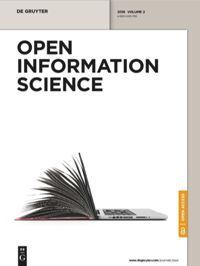


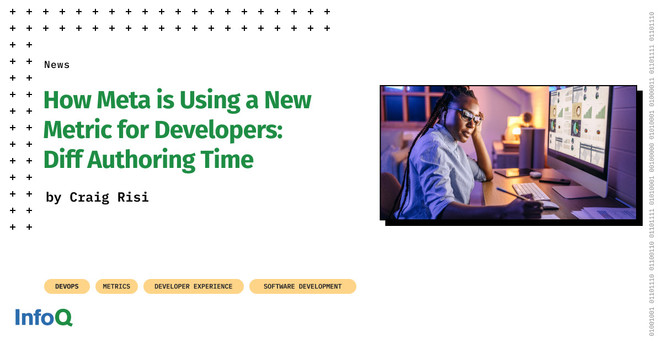
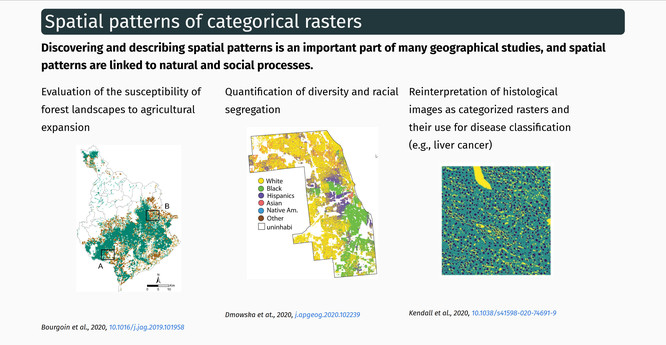
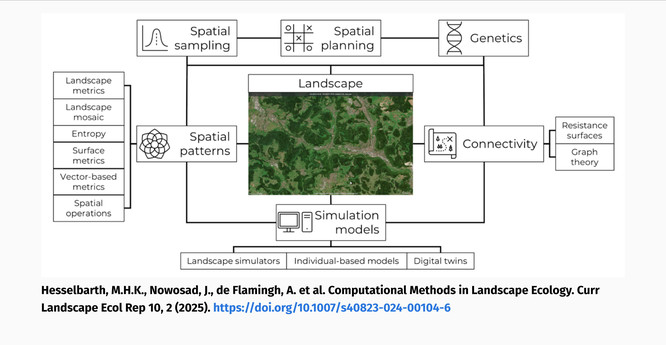
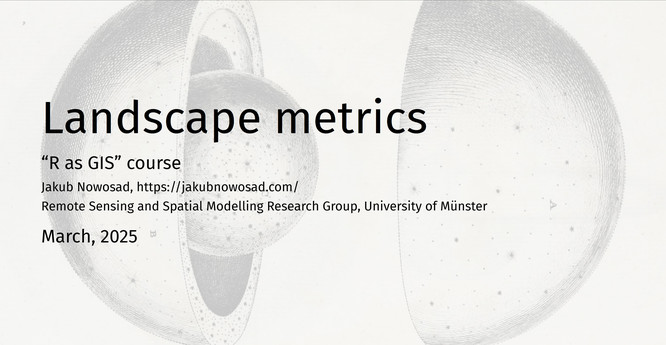
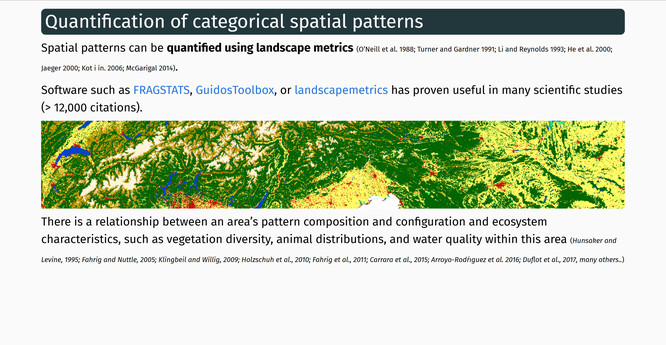
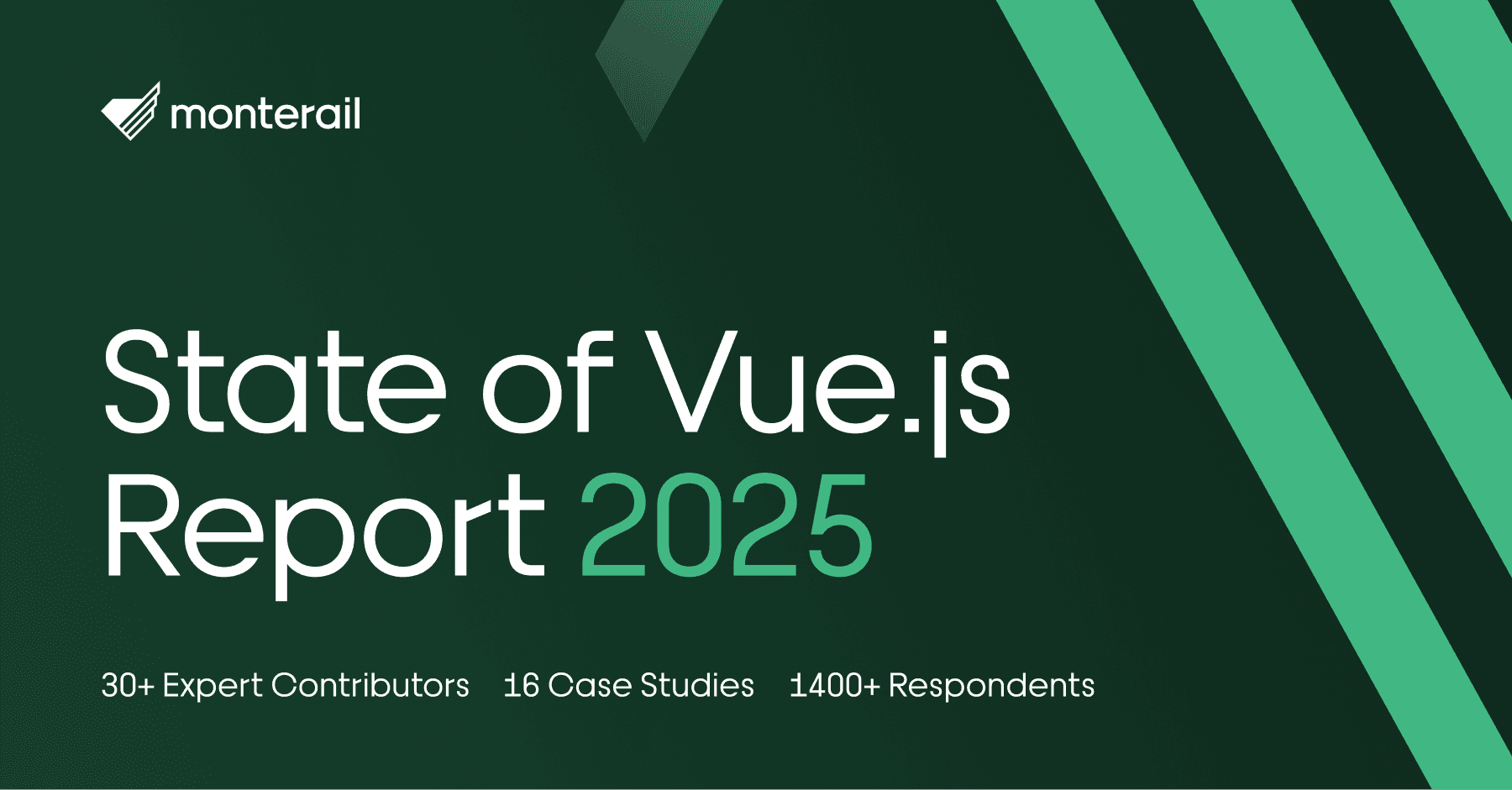
 Hacker News
Hacker News